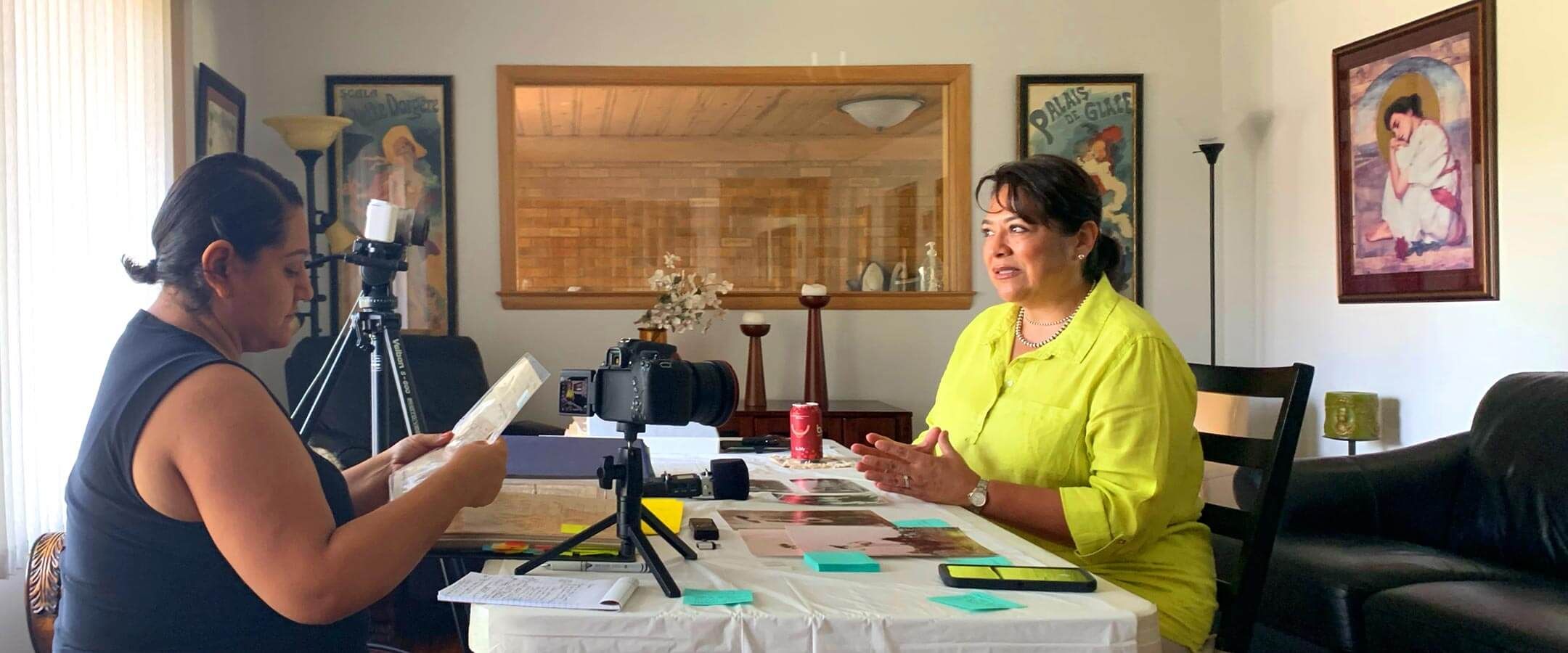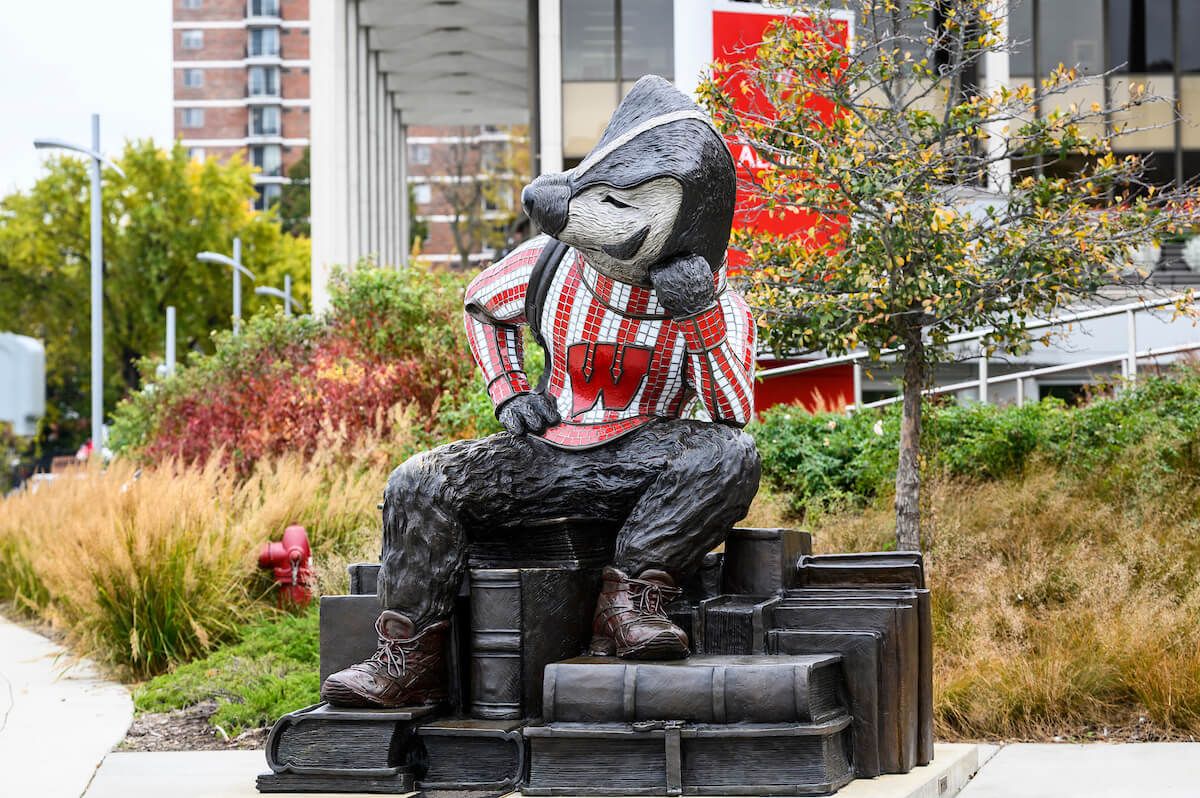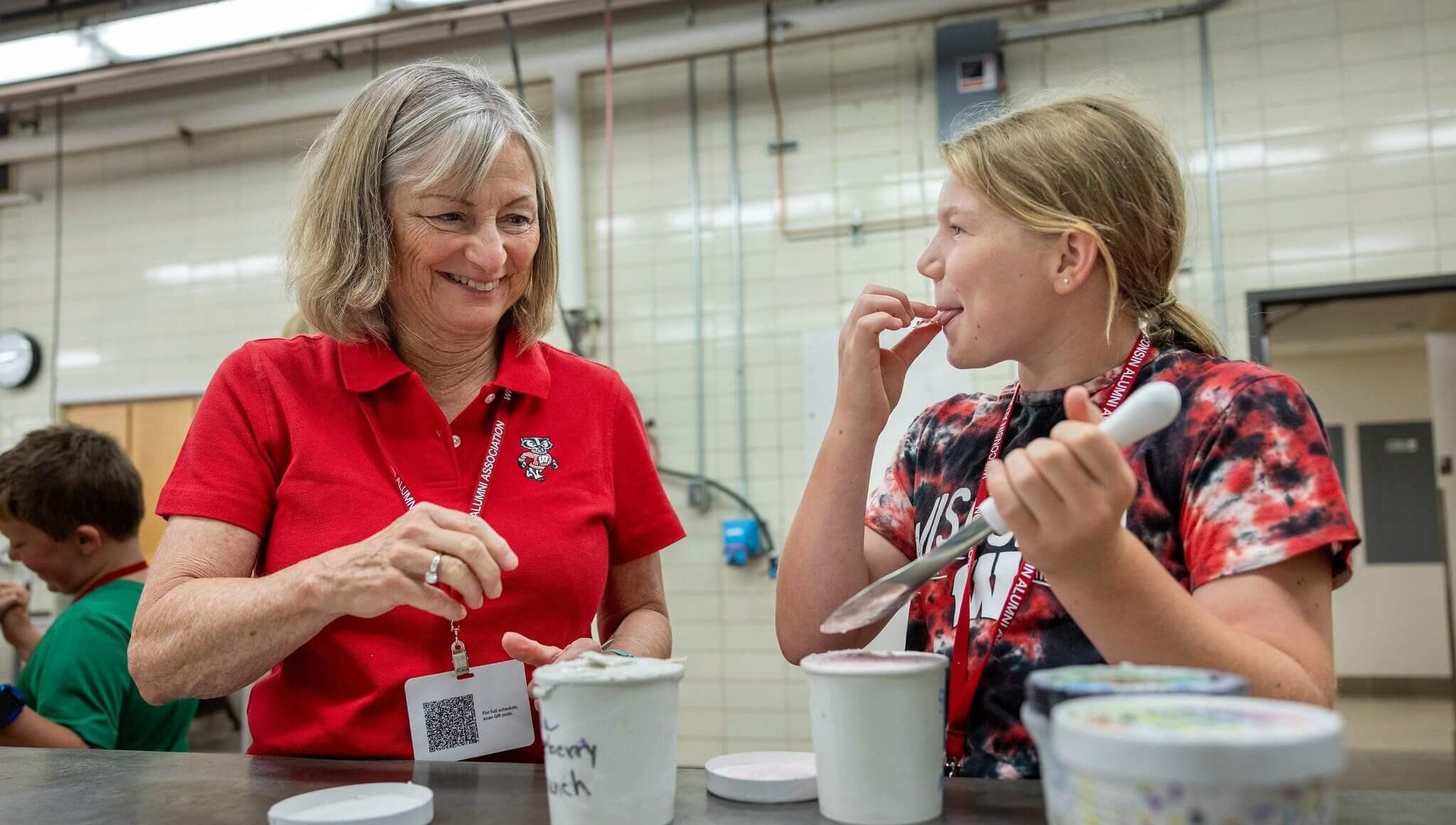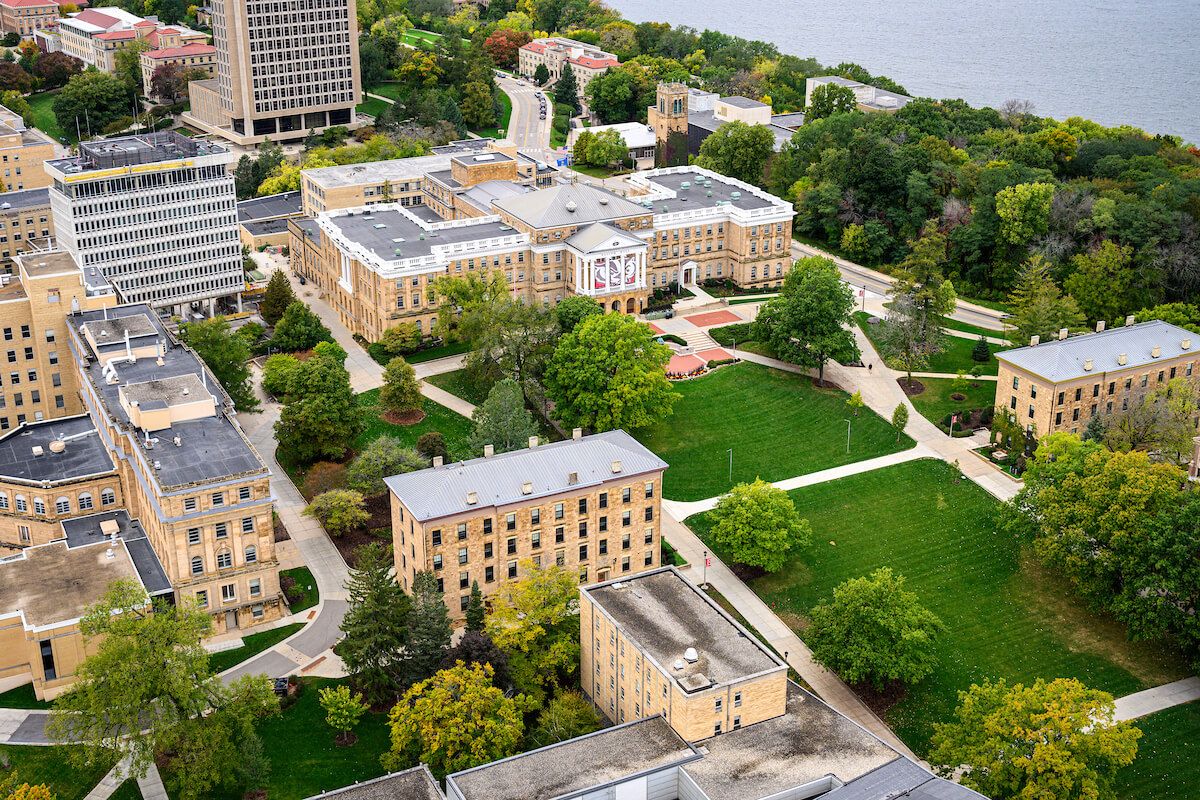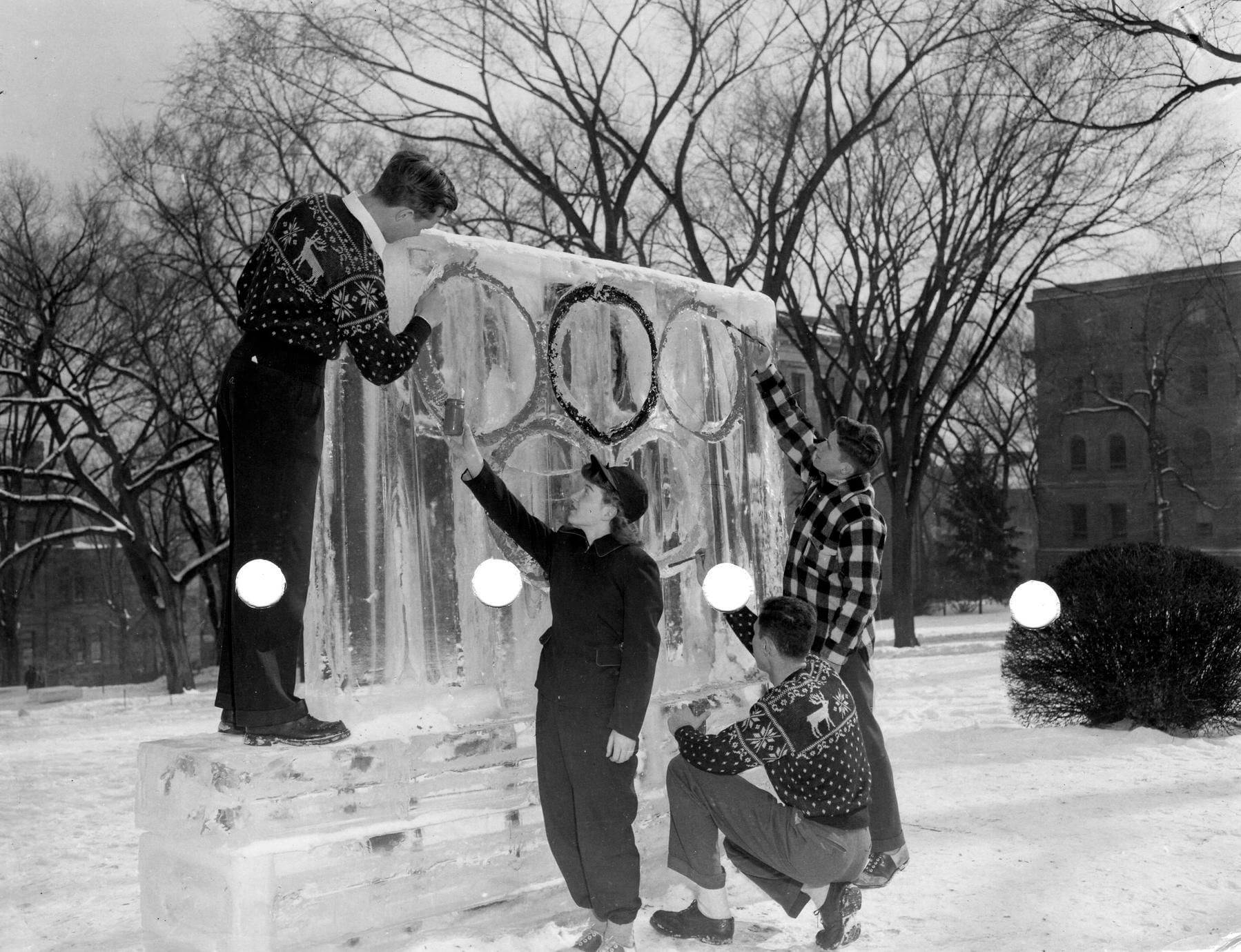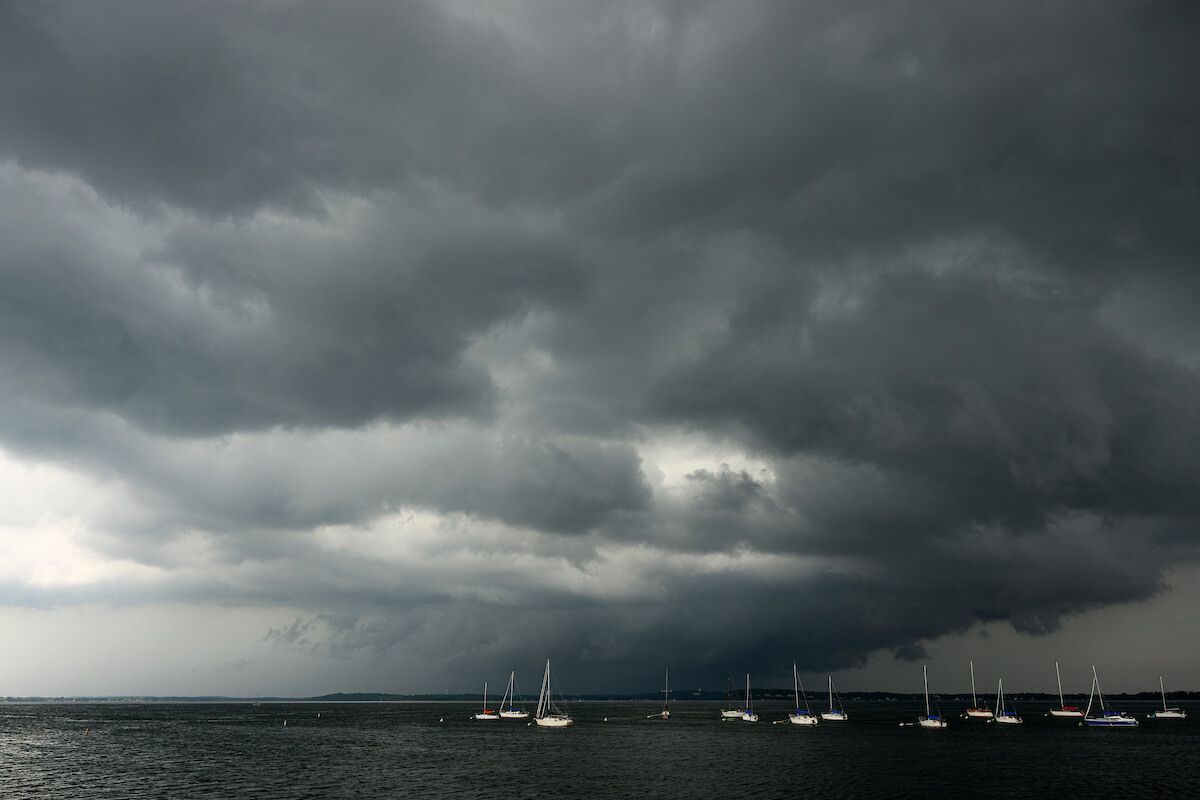Logging, agriculture, breweries, Indigenous people, and early immigrants — these are a few things that might immediately spring to mind when you think about Wisconsin’s history. But Andrea-Teresa Arenas MS’86, PhD’91 would like you to remember the role of Latinos just as readily when it comes to state history.
“Discrimination and racism marginalized us in a way,” Arenas says. “When you’re marginalized, you’re not on anybody’s radar to be documented or recorded.”
The Wisconsin Latinx History Collective (WLHC) is an ongoing effort to fill in the gaps about Latinos in state history. Spearheaded by Arenas and supported by Universities of Wisconsin students and faculty, colleagues from Marquette University, and the Wisconsin Historical Society (WHS), the collective began with an earlier project aimed at highlighting a smaller, oft neglected subgroup: Midwestern Latina women.
Arenas was inspired by a 2011 conversation with Linda Garcia Merchant, a Chicana activist and filmmaker. Merchant asked Arenas to interview a Latina activist in Wisconsin on behalf of Chicana por mi Raza, a national history collective dedicated to Chicana activism. Arenas replied, “I think there’s more than one Chicana Latina I can document in Wisconsin.”

In 2012, Arenas was director of the UW’s Office of Service Learning and Community-Based Research, and she developed a community-based learning course with faculty from the program in Chican@ and Latin@ studies (CLS) at the UW. The coursework prepped students to research and interview 40 Latinas around the state and formed the basis of the Somos Latinas oral history project.
Oral history was a natural choice, according to Arenas. “I wanted to expose our Latino and Chicano students to qualitative work because we’re an oral tradition in the first place,” she explains. “From our Indian roots, we tell stories. So, it made really good sense for students to tap into that oral history culture and make it a skill set.”
The interviews also put Latinas on the historical record directly. “It’s women’s perspectives with no filters. This is their truth,” she says. “Unfortunately, our truth as brown women has not been well documented.”
After four years of student interviews, Arenas and coauthor Eloisa Gómez published Somos Latinas: Voices of Wisconsin Latina Activists, a collection of 25 narratives from the project. The original interviews can be found in WHS archives, along with any materials that interview subjects chose to donate. The Somos team also worked with WHS to develop K–12 curricula to help students of all ages engage with this part of Wisconsin history.
The final phase of the Somos Latinas project wrapped up in 2018, but it laid the foundation for a broader discussion of Latino history in the state. Arenas founded the Wisconsin Latinx History Collective in 2020 using the already established partnerships with WHS and Wisconsin universities.
Throughout the spring 2024 semester, 40 students across the Universities of Wisconsin’s La Crosse, Madison, Parkside, and Whitewater campuses will continue to gather archival materials and oral histories from Latino Wisconsinites of all nationalities, ages, and backgrounds to add to the WLHC. Like the Somos project, this will help correct Wisconsin’s historical record and better recognize the many different communities that have played a part in the state’s development.
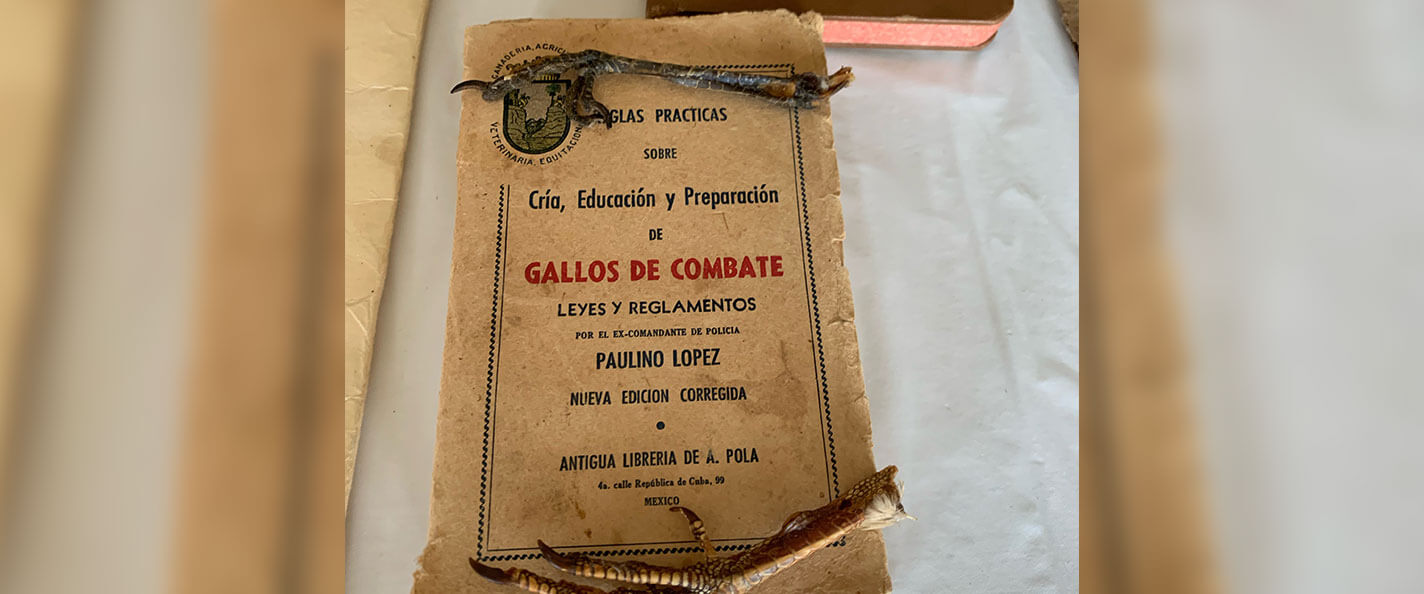
Almita Miranda, an assistant professor in both the UW’s Department of Geography and CLS, has spent two years coordinating two National Historical Publications and Records Commission–Mellon planning and digital edition implementation grants, as well as a Baldwin Wisconsin Idea Endowment grant, to make the next phase of WLHC’s ambitions possible. With funding from the National Archives, WLHC materials will be organized into a decade-long project called ¡Presente!: Documenting Latinx History in Wisconsin. Using primary sources and essays, this bilingual project will be driven by Arenas; faculty from the UW, including Miranda; other Universities of Wisconsin faculty and students; and Latinx community members from around the state.
Though she’s retired, Arenas will stay busy getting people to join the project. “The more representative we are of the state,” she says, “the better.”
Learn more about WLHC’s mission and how you can get involved.
